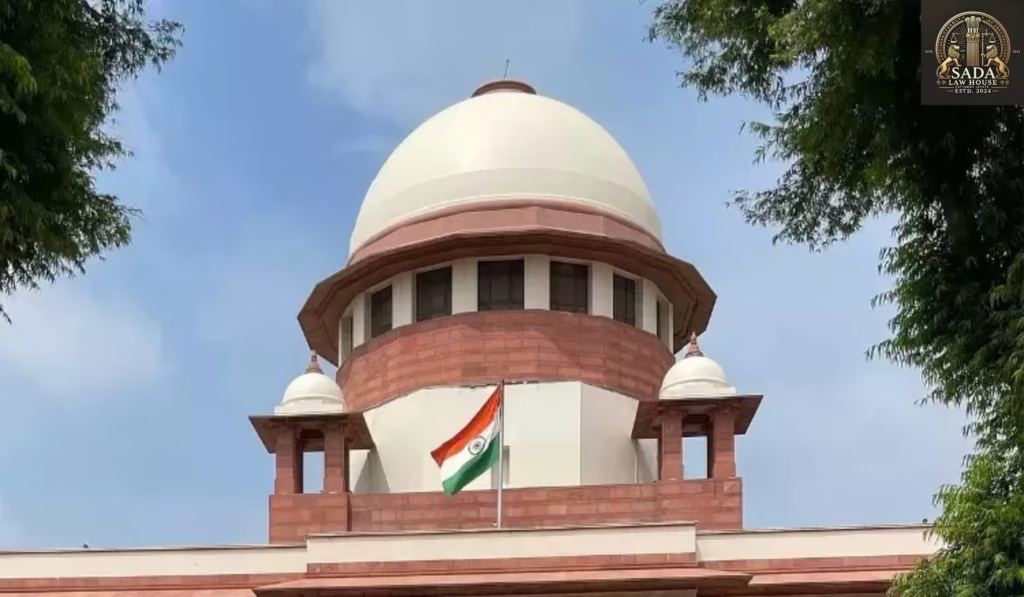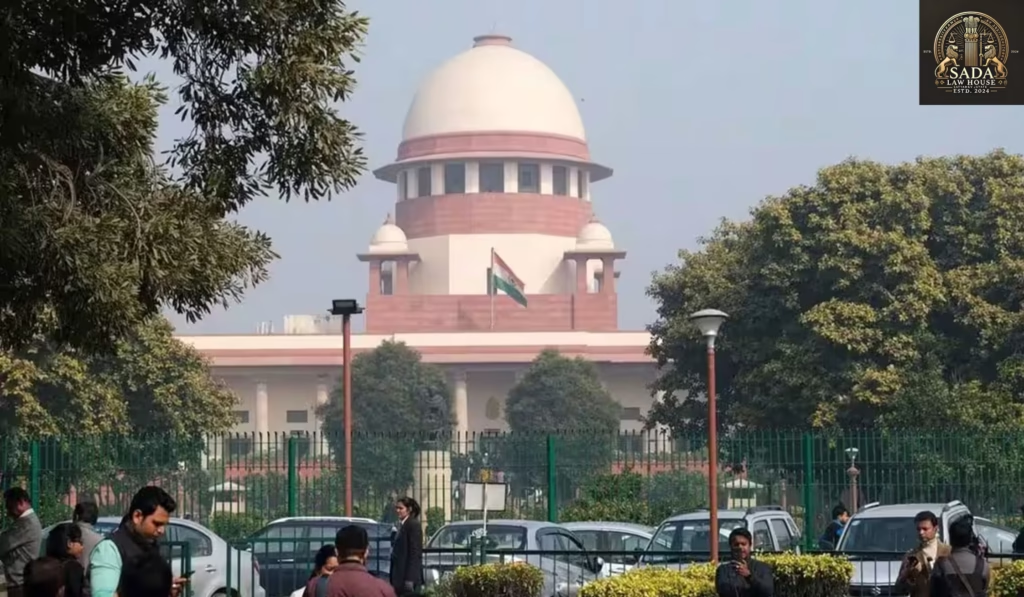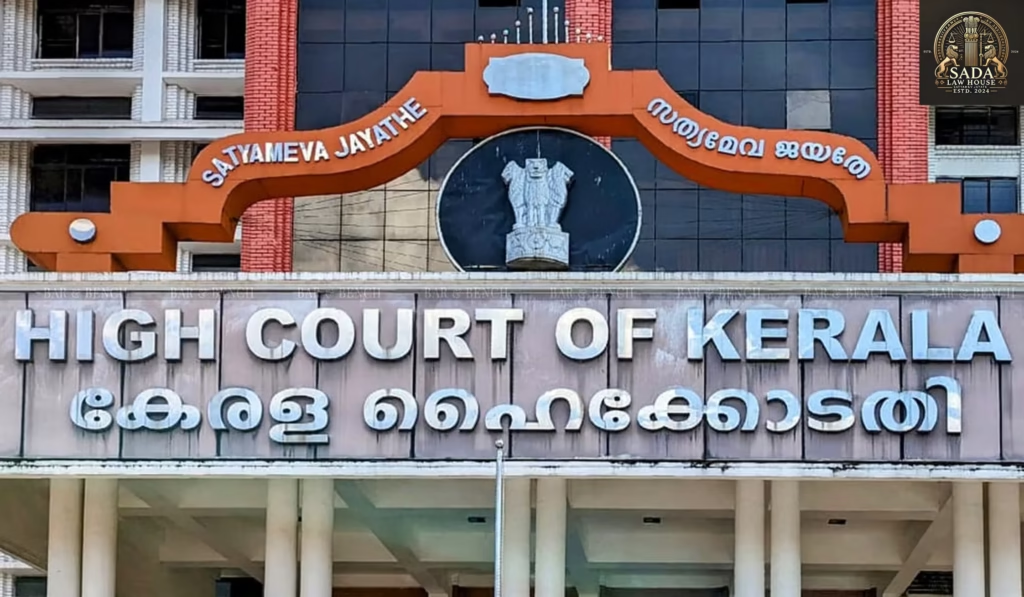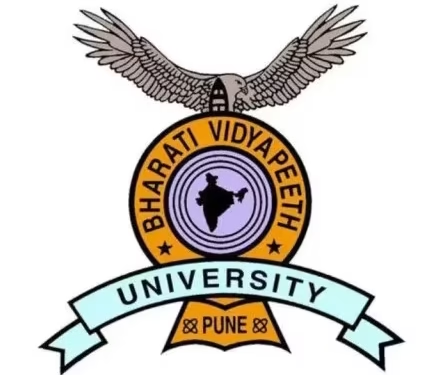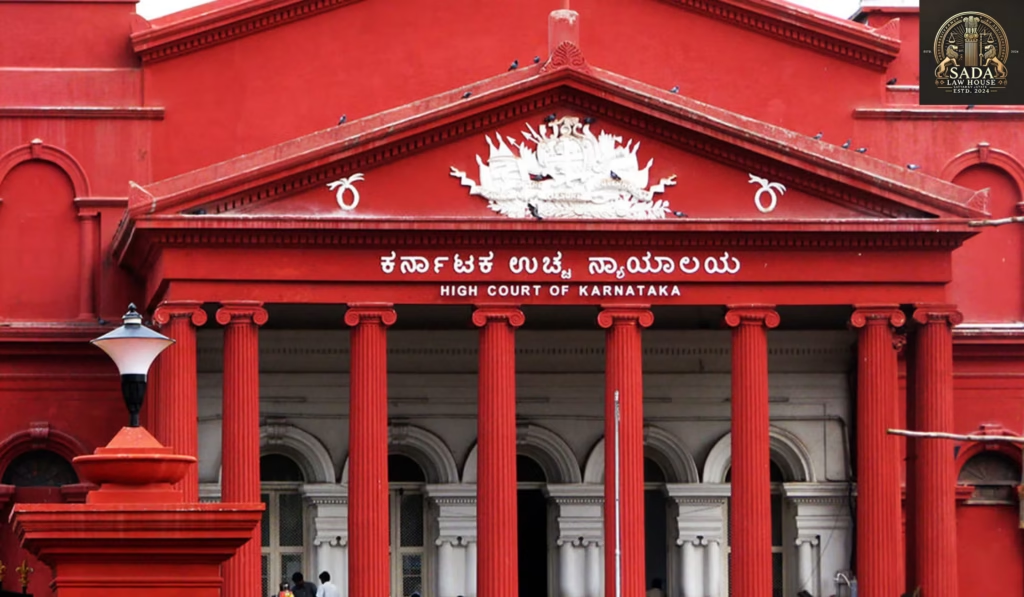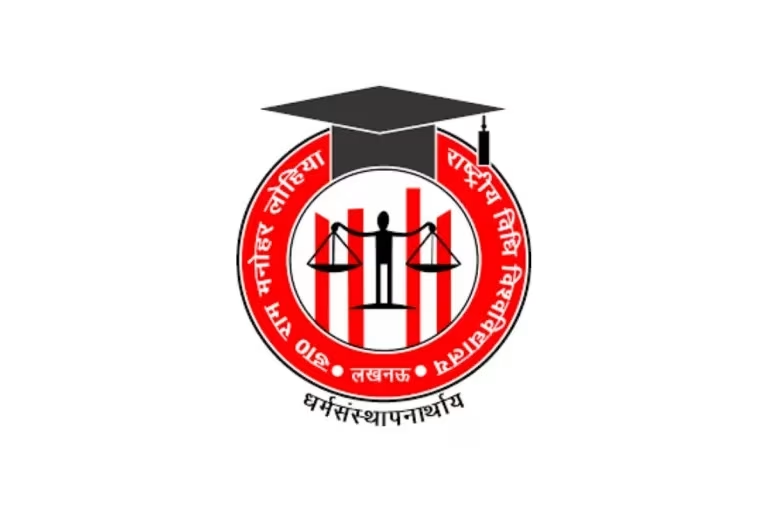Supreme Court Increases Permanent Alimony to ₹50,000 Monthly, Ensuring Ex-Wife’s Marital Standard of Living
Trending Today Supreme Court Increases Permanent Alimony to ₹50,000 Monthly, Ensuring Ex-Wife’s Marital Standard of Living Supreme Court Rules No Temporary Injunction Allowed After Rejection of Plaint Under Order VII Rule 11 CPC Supreme Court Clears Teacher of Abetment Charges in Student Suicide Case Under Section 306 IPC Kerala High Court Upholds Trial of Bank Employee Accused of Threatening to Kill Chief Minister JOB OPPORTUNITY AT PUNJABI UNIVERSITY, BATHINDA COLLEGE OF LAW LEGAL JOB OPPORTUNITY AT BHARATI VIDYAPEETH Karnataka High Court Rules Police Cannot Access Call Records Without Justified Investigation LEGAL JOB OPPORTUNITY AT RMLNLU LEGAL JOB OPPORTUNITY AT SULA VINEYARDS LEGAL JOB OPPORTUNITY AT BLACKROCK, MUMBAI Supreme Court Increases Permanent Alimony to ₹50,000 Monthly, Ensuring Ex-Wife’s Marital Standard of Living Prabhat Kumar Biltoria 02 June 2025 The Supreme Court of India raises permanent alimony to ₹50,000 per month, ensuring an unmarried ex-wife’s maintenance reflects her marital standard of living. Read the full Rakhi Sadhukhan v. Raja Sadhukhan case update and legal insights on spousal support. Supreme Court’s Landmark Ruling on Alimony Increase The Supreme Court of India recently issued a significant judgment increasing permanent alimony payments to ₹50,000 per month in the case of Rakhi Sadhukhan v. Raja Sadhukhan. This ruling nearly doubles the amount previously granted by the Calcutta High Court, highlighting the Court’s commitment to ensuring that an unmarried ex-wife’s maintenance supports a lifestyle comparable to her standard of living during marriage. Background of the Case: Rakhi Sadhukhan v. Raja Sadhukhan Married in 1997, Rakhi and Raja Sadhukhan separated in 2008 after years of marital discord. The Calcutta High Court had initially awarded Rakhi permanent alimony of ₹20,000 monthly, subject to a 5% increase every three years. Dissatisfied with the amount, Rakhi appealed to the Supreme Court of India, arguing that the sum did not reflect her husband’s financial capability nor her marital lifestyle. Supreme Court’s Decision: Key Highlights Alimony Reflecting Marital Standard of Living The Supreme Court of India bench, led by Justices Vikram Nath and Sandeep Mehta, recognized that Rakhi, who remains unmarried and lives independently, deserves maintenance aligned with the standard of living she enjoyed during the marriage. The Court increased the alimony to ₹50,000 per month with a 5% increment every two years to account for inflation and rising living costs. Husband’s Financial Status and Obligations The Court took into consideration Raja Sadhukhan’s net monthly income of ₹1.64 lakh, employed at the Institute of Hotel Management, Kolkata, and ruled that he is capable of paying the enhanced alimony despite his other financial responsibilities, including support for his second wife and elderly parents. Maintenance for Adult Children Clarified Since the couple’s son is now 26 years old and financially independent, the Court clarified there is no legal obligation for mandatory maintenance towards him. However, voluntary support for educational or other reasonable expenses remains an option. The son’s inheritance rights remain intact under applicable laws. What This Means for Spousal Maintenance Law in India This Supreme Court of India ruling reinforces that maintenance awarded post-divorce must ensure the ex-wife can maintain a lifestyle reasonably similar to her marital life, especially if she remains unmarried. It also sets a precedent for courts to consider inflation and financial disclosures in alimony decisions. Conclusion: Ensuring Fair and Adequate Alimony The Supreme Court of India’s decision in Rakhi Sadhukhan v. Raja Sadhukhan underscores the importance of fair spousal maintenance that balances financial capabilities with the rights of the ex-spouse. By increasing the permanent alimony amount, the Court emphasizes securing the financial future of unmarried ex-wives and preserving their dignity post-divorce. Leave a Reply Cancel Reply Logged in as Sada Law. Edit your profile. Log out? Required fields are marked * Message* Case Laws WazirX Hack Explained: Legal Analysis and Cryptocurrency Security Lessons from India’s Biggest Crypto Breach WazirX Hack Explained: Legal Analysis and Cryptocurrency Security Lessons from India’s Biggest Crypto Breach Sadalaw • May 30, 2025 • Case law • No Comments State of West Bengal vs Union of India 2024: Supreme Court Judgment on CBI Jurisdiction and Consent Withdrawal under DSPE Act State of West Bengal vs Union of India 2024: Supreme Court Judgment on CBI Jurisdiction and Consent Withdrawal under DSPE Act Sada Law • May 27, 2025 • Case law • No Comments Supreme Court Rules Cheque Dishonour Is Not a Continuing Cause for Arbitration Under Section 138 NI Act Supreme Court Rules Cheque Dishonour Is Not a Continuing Cause for Arbitration Under Section 138 NI Act Sada Law • May 25, 2025 • Case law • No Comments 1 2 3 … 5 Next »


